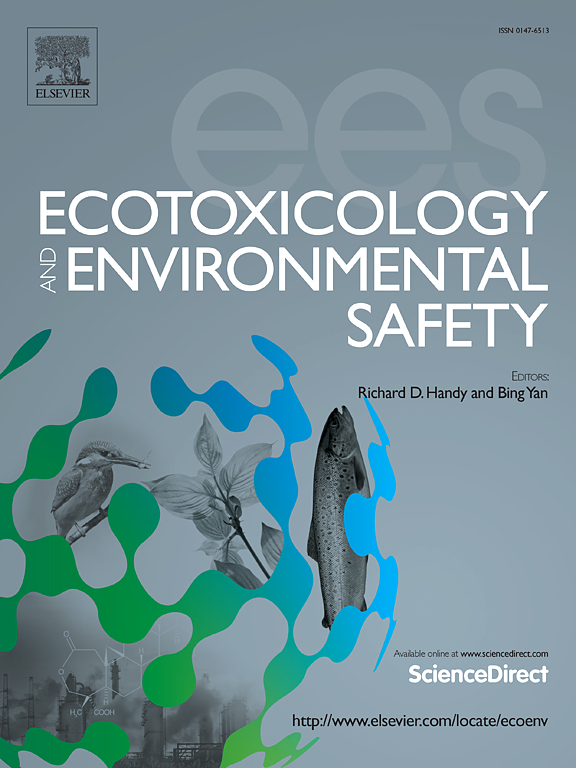Assessing phenotypic and genotypic antibiotic resistance in bacillus-related bacteria isolated from biogas digestates
IF 6.2
2区 环境科学与生态学
Q1 ENVIRONMENTAL SCIENCES
引用次数: 0
Abstract
Antibiotic resistance poses a significant public health challenge, with biogas digestate, a byproduct of anaerobic digestion (AD), presenting potential risks when applied as a biofertilizer. Understanding the actual resistance levels in digestate is crucial for its safe application. While many studies have investigated antibiotic resistance in AD processes using culture-independent molecular methods, these approaches are limited by their reliance on reference databases and inability to account for gene expression, leading to potential inaccuracies in resistance assessment. This study addresses these limitations by combining culture-independent whole-genome sequencing (WGS) with culture-dependent phenotypic testing to provide a more accurate understanding of antibiotic resistance in digestate. We investigated the phenotypic and genotypic resistance profiles of 18 antibiotic-resistant bacteria (ARB) isolated from digestates produced from food waste and animal manure. Resistance was assessed using WGS and Estrip testing across 12 antibiotics from multiple classes. This is the first study to directly compare phenotypic and genotypic resistance in bacteria isolated from digestate, revealing significant discrepancies between the two methods. Approximately 30 % of resistance levels were misinterpreted when relying solely on culture-independent methods, with both over- and underestimation observed. These findings highlight the necessity of integrating both methods for reliable resistance assessments. Additionally, our WGS analysis indicated low potential for transferability of detected ARGs among the isolated ARB, suggesting a limited risk of environmental dissemination. This study provides new insights into antibiotic resistance in digestate and underscores the importance of integrating methodological approaches to achieve accurate evaluations of resistance risks.
求助全文
约1分钟内获得全文
求助全文
来源期刊
CiteScore
12.10
自引率
5.90%
发文量
1234
审稿时长
88 days
期刊介绍:
Ecotoxicology and Environmental Safety is a multi-disciplinary journal that focuses on understanding the exposure and effects of environmental contamination on organisms including human health. The scope of the journal covers three main themes. The topics within these themes, indicated below, include (but are not limited to) the following: Ecotoxicology、Environmental Chemistry、Environmental Safety etc.

 求助内容:
求助内容: 应助结果提醒方式:
应助结果提醒方式:


